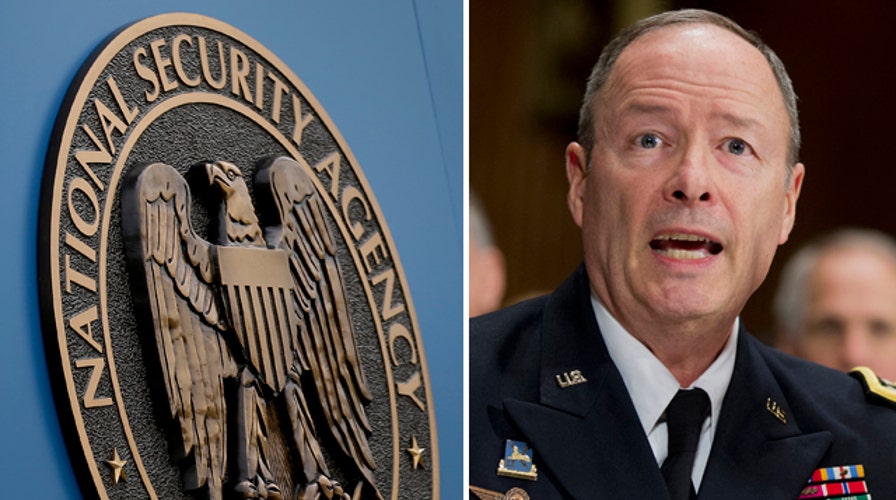What task force recommendations mean for NSA
Report targets storing of Americans' phone records
The advisory board tasked with reviewing National Security Agency policies pushed Wednesday to rein in NSA spying on several fronts, recommending in its final report that the agency be stripped of its ability to store Americans' telephone records.
The presidential advisory panel recommended dozens of changes to the government's surveillance programs. Among them, it also called for requiring a court to sign off on the individual searches of phone and Internet data.
The panel did not recommend that the NSA stop seizing phone and Internet data entirely, and it was unclear whether the changes would limit the scope of the collections. Also unclear is whether President Obama will accept at least some of the recommendations.
In a statement, the White House praised the "comprehensive and high quality report," and said the administration's overall review would come to a close "over the next several weeks."
"The President will work with his national security team to study the Review Group's report, and to determine which recommendations we should implement," the statement said.
Some of the NSA's most vocal critics lauded the report, though, as another blow against the agency -- just days after a federal judge ruled that part of its collection program is likely unconstitutional.
"The message to the NSA is now coming from every branch of government and from every corner of our nation: You have gone too far," Sen. Patrick Leahy, D-Vt., said in a statement. "The bulk collection of Americans' data by the U.S. government must end. This momentous report from the President's closest advisers is a vindication of the efforts of a bipartisan group of legislators that has been working for years to protect Americans' privacy by reining in these intelligence authorities."
Obama ordered the review board to submit recommendations following disclosures earlier this year about the vast nature of the government's surveillance programs, but he is under no obligation to accept their proposals. The White House authorized the release of the review group's report Wednesday, weeks ahead of schedule.
The review board's proposals address the government's ability to collect intelligence both in the United States and overseas.
The recommendations include tightening federal law enforcement's use of so-called national security letters, which give the government sweeping authority to demand financial and phone records without prior court approval in national security cases. The task force recommended that authorities should be required to obtain a prior "judicial finding" showing "reasonable grounds" that the information sought is relevant to terrorism or other intelligence activities.
In addition, the panel proposed terminating the NSA's ability to store telephone data and instead require it to be held by the phone companies or a third party. Access to the data would then be permitted only through an order from a Foreign Intelligence Surveillance Court.
The panel called for more independent review of what the NSA collects and the process by which it goes about gathering data.
Amid an international furor over NSA spying on the leaders of allied nations such as Germany, the review group recommended that the president personally approve all sensitive methods used by the intelligence community. It said the process should identify both when surveillance of foreign leaders should be used and when it should be limited.
Among the considerations in deciding whether to spy on allies, the report said, is whether the United States shares "fundamental values and interests" with the leaders of those nations.
"Just because we can doesn't mean we should," said Richard A. Clarke, who served on the five-member panel.
The Associated Press contributed to this report.





